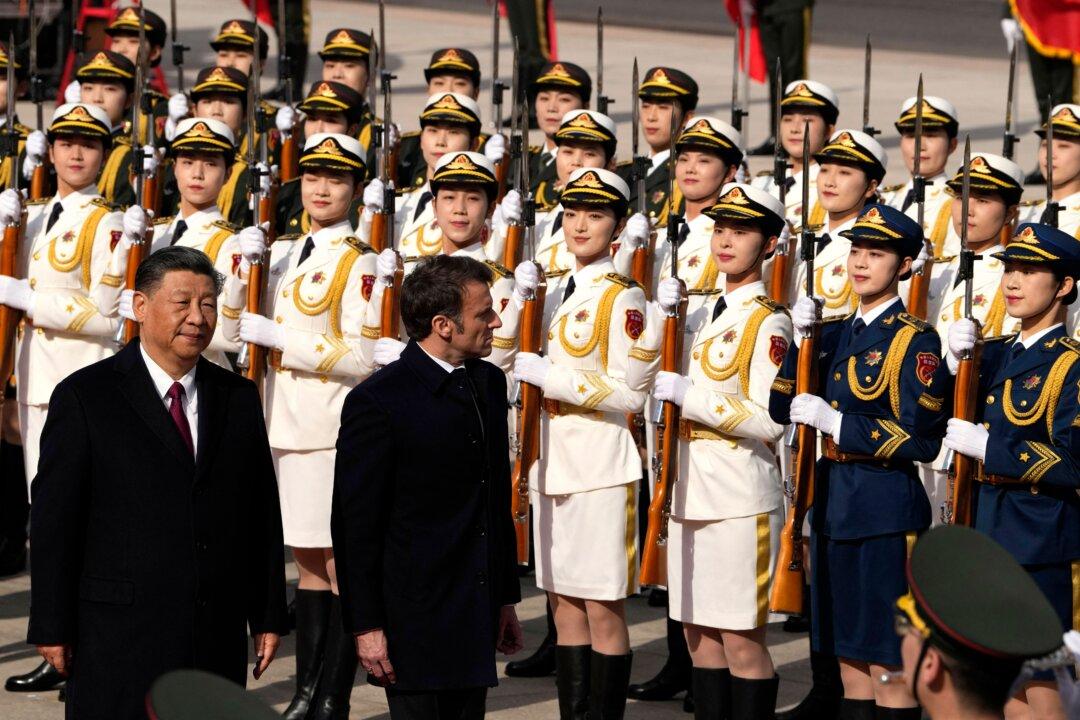Commentary
For years, China complained about the development and deployment of American missile defenses, a capability that Beijing didn’t have and claimed would undermine strategic stability and security in Asia.

For years, China complained about the development and deployment of American missile defenses, a capability that Beijing didn’t have and claimed would undermine strategic stability and security in Asia.